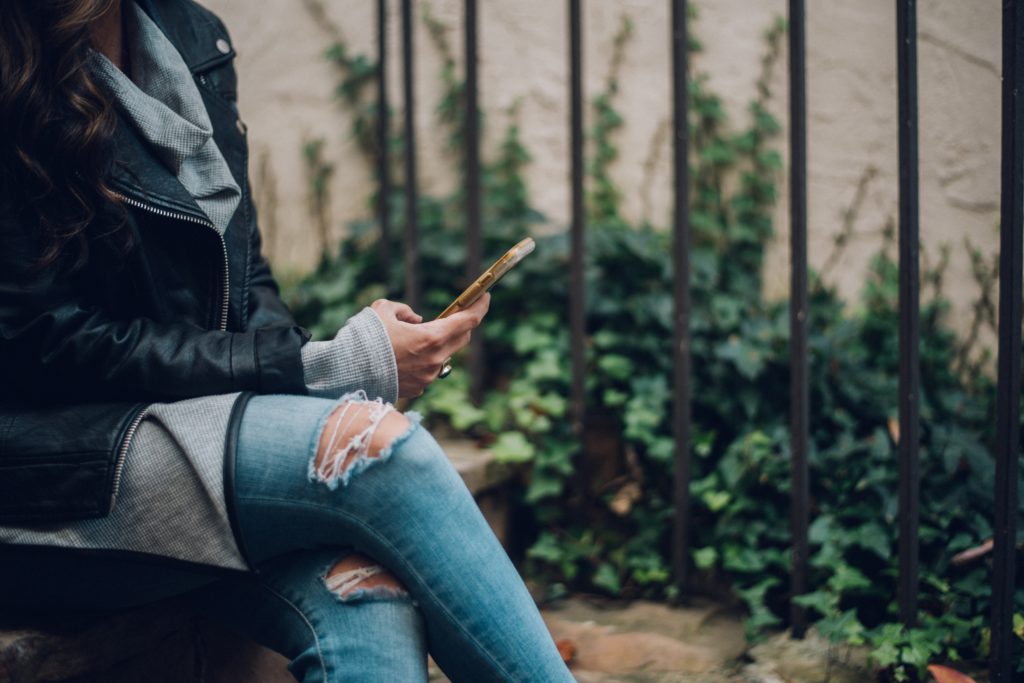I climb the steep hill to Tess and Paul’s apartment. They live in the upstairs of a big wooden house, with a bright porch overlooking Paul’s vegetable garden. The living room has hardly any furniture: a couch, a coffee table, one large potted palm. Tess’ art lines the white walls, framed at eye level. It feels like the lobby of an old hotel.
I lean in the kitchen doorway, watching as Tess and Paul make a salad. Tess calls him “Hon.” “Hon?” she says, “Can you get some basil?” Paul thumps down the back steps. She grins at me. Tess is beautiful in a ragged way, stringy hair and ice blue eyes. She has an expression of no patience, as if her beauty is a trick that she can see through. Tess says, “Isn’t this nice?”
I smile back at her. I can’t think of anything nicer.
We eat cross-legged, around the low coffee table. Paul points through the window, “When it isn’t smoggy, you can see all of LA.” I look down into the city, somewhere my apartment is there: small, cramped, and far away.
Sometimes it takes everything to get through work, to get back home, to get to the moment when I can sit on the couch and call Tess. Everything makes sense with her. I think about my life, my memories, and they feel like rooms I’m revisiting. I speak of my past differently, ironically. All those disjointed episodes, all those open-ended situations. Now they mean something, they add up to this friendship with Tess. I feel reinvented.
Tess says she remembers big moments in her life by the clothing she wore. The pink shoes that meant London. The man-tailored shirt from her studio, paint-stained and torn. The silk scarf when she met Paul. She says, “He was married then, you know.” But I don’t know, Tess only gives bits and pieces of their history together. Sometimes Tess and Paul lock eyes when one or the other is talking about the past, then the conversation goes elsewhere. “Don’t worry,” Tess says, seeing my surprise, “that marriage was over. She wasn’t right for him.”
Was Tess right for him?
Once Paul has boxes of his things stacked in the entry. The next week, the boxes are gone. Another time, Tess has to move a pile of bedclothes off the couch. “He’s slept out here all week,” she whispers. After that, I’m not invited for a month. I move through the days; my life feels like a blanket pulled up high and heavy. Everything I want is somewhere else.
Tess calls from the Laundromat. “I’m reduced to cleaning out my wallet,” she laughs, “or maybe I just need an excuse to call you.” “Come over,” she says. Then in a baby voice, “We are so sad without you.”
Tess and I sit on the porch, a warm breeze sieves through the screens. I can see vegetables catching the afternoon light in the garden below. Tess picks up her sketch pad and studies me. She turns the pencil on edge, shading the thick white paper: “I’m drawing your hands as they really are,” she says. Then looking at my face, “I’m drawing you as you really are.” Tess shows me the finished sketch. I look dark and intense. Exotic in a way. Paul walks into the room. “Good likeness,” he says, and I feel myself blush.
Photo by Chad Madden on Unsplash
